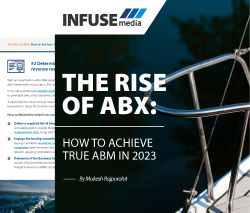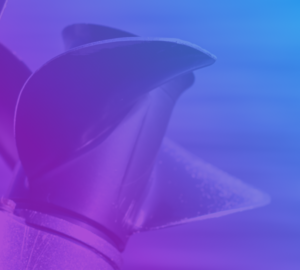Following best practices in data management is essential to achieving the best outcomes from data orchestration.
While data orchestration tools deliver similar goals, it is essential to note that each has different capabilities, follows different process maps, and offers varying functionalities. Selecting the tool that best aligns with your company’s needs and workflow processes is therefore critical.
Start by looking at tools that offer flexibility, scalability, and have extensive features. For example, the ongoing trend of migrating data systems to the cloud makes it imperative for orchestration tools to provide effective integration with dependable cloud services such as Google Cloud, Microsoft Azure, Oracle Cloud, Amazon Web Services (AWS), and IBM Cloud.
Next, ensure that the data orchestration platform is user-friendly and allows directed acyclic graph (DAG) implementation and hybrid execution for protecting your confidential data. Ensuring that the data orchestration platform delivers these basic functionalities will make your data more usable for analysis and insights.













